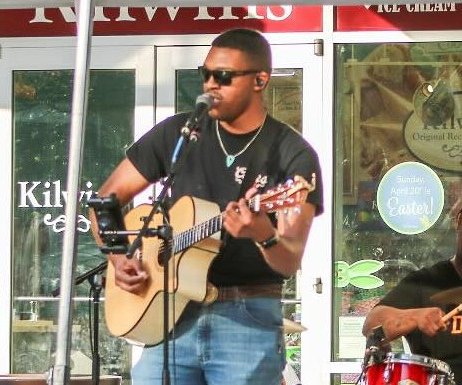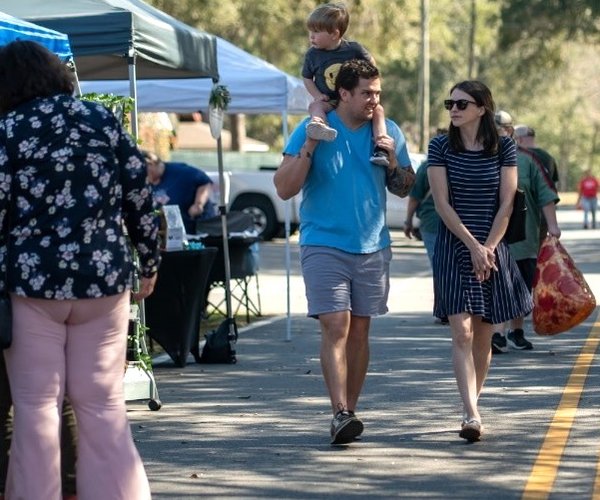What do you do when you have two brothers who have seizures from their epilepsy and want desperately to do something? In the case of local woman, Tobi Lariscy, you start planning fundraisers in order to go to Washington, D.C., to participate in a national walk to raise awareness and funds for epilepsy.
Lariscy’s two brothers, Austin and Joel Christie, have epilepsy and she’s determined to do something about it. The walk on the Mall in Washington is set for March 28.
“As the community hears about what we’re doing, they can learn a little bit more about epilepsy and what you should or shouldn’t do for somebody with seizures,” she said. “A lot of people, I think, misunderstand it. They might be scared of it.”
She said she wanted to go to the walk to raise awareness and to try to raise money for the Foundation. The money raised at the Mall walk will stay in Georgia, she said, and the money will be used for epilepsy research.
“There are support groups around the state,” Lariscy said. “If somebody loses their health insurance, they have a 30-day plan that they will provide the medicine for that person.”
Lariscy and her family are just beginning to develop some small fund-raisers and to ask the community for donations. They are considering bake sales, car washes – anything they can do to raise money. Lariscy said they would welcome anyone in the community who would like to host a fundraising event and hopes they will get some community response.
Brother Joel echoed his sister’s concerns and talked a little about what it’s like to live with epilepsy. He was enrolled at Armstrong State Atlantic University until his seizures caused him to step back.
“My friends, they’re concerned about it, but there’s only about two I’ve actually had a seizure around,” he said. “I tell them all what to do in case something happens — don’t call the police, don’t try to hold me down — you’ve got to watch afterwards to kind of tip them on their side in case there’s anything in their mouth. I’m sure it’s scary — I’ve never seen anybody have one.”
Christie said his seizures usually last about a minute or so and the sensation is like his brain has been wiped clean. While undergoing a seizure, he can’t get a single word out, as hard as he tries.
“Other people who aren’t aware of seizures seem to be a little caught off guard when they see it,” Lariscy said.
Both of them stressed that one of the most important things people should do when confronted by someone having a seizure is to remain calm and not make a scene out of it. They said that often, when someone is coming out of a seizure, it’s more stressful for them if they’re being stared at.
To learn more about how to help people undergoing seizures, go to www.epilepsy.org.
To see what Lariscy’s walk team is up to or to offer assistance, go to walkforepilepsy.org and search the team name The Christie Crew.








